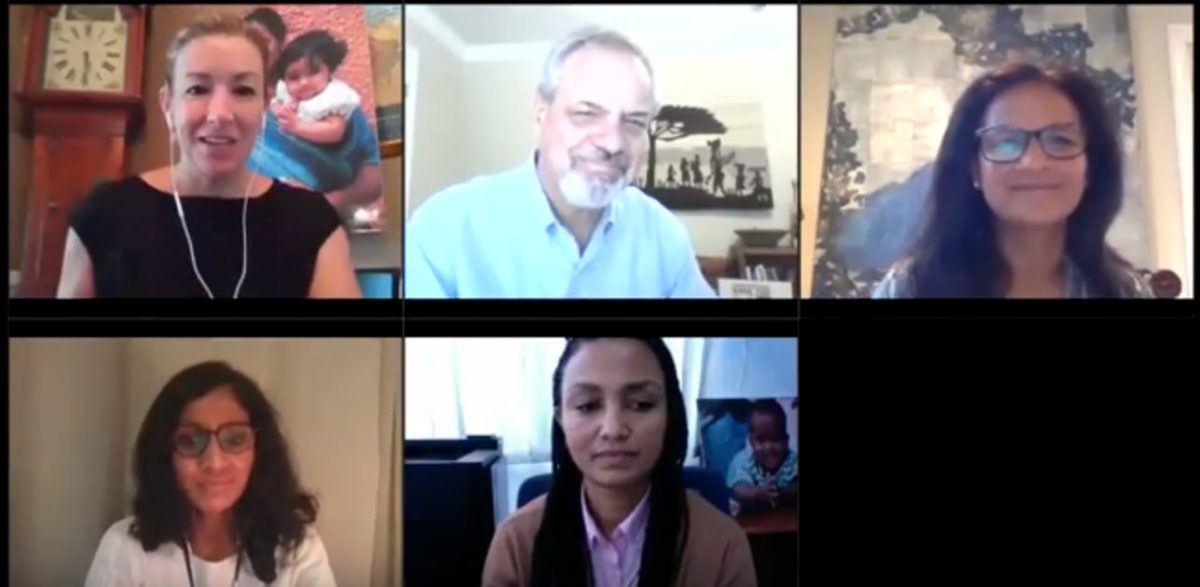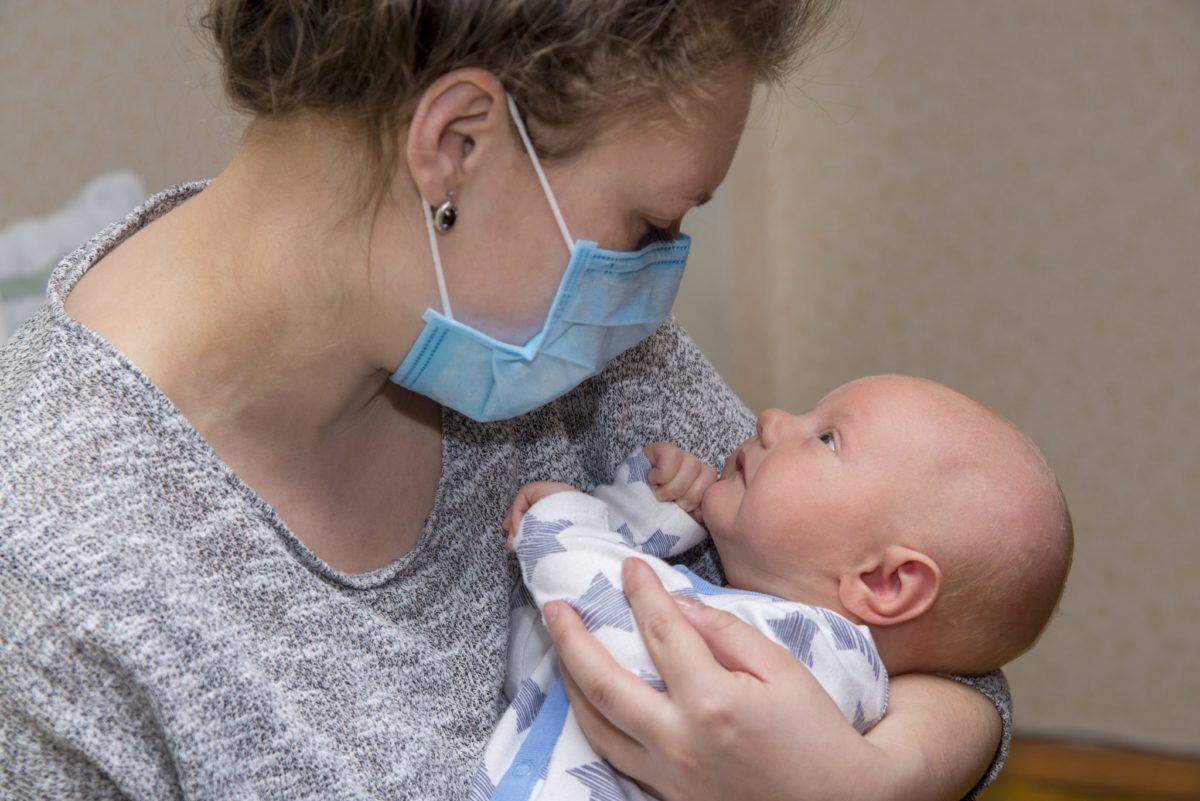In May, the House of Representatives passed the Health and Economic Recovery Omnibus Emergency Solutions (HEROES) Act, a $3 trillion coronavirus relief bill that would bolster supplemental funding and expand a wide range of programs and policies impacted by the COVID-19 pandemic. Later this session, the Senate is expected to consider their own supplemental funding bill. We urge Congress to move swiftly and with bipartisan, bicameral support in enacting legislation that ensures women and children in their first 1,000 days have the resources and support they need to have a healthy, thriving future.
1,000 Days is the leading nonpartisan, nonprofit organization working to ensure women and children in the United States and around the world have the healthiest first 1,000 days. We know that the 1,000 days from a woman’s pregnancy to her child’s second birthday offers a window of tremendous opportunity to build a foundation for lifelong health and well-being. We advocate on behalf of moms and babies for the (1) strengthening and improvement of nutrition programs that support families in the U.S. and around the world; (2) enactment of a federal paid family and medical leave policy; (3) increased access to quality, comprehensive health care; and (4) adequate support for all moms to meet their breastfeeding goals.
Coronavirus has exposed the health inequities and food insecurity faced by many families in the United States and around the world – and women and children have been among the most gravely affected. Now more than ever, our Congressional leaders must center health and nutrition as an essential, topline priority. Additionally, 1,000 Days recognizes paid family and medical leave as a public health imperative, which the COVID-19 pandemic has highlighted. Lack of paid leave threatens public health and community wellness, yet the vast majority of Americans do not have access. It is also imperative during this public health crisis that all families have access to affordable, high-quality health care, regardless of their employment or economic status. Finally, we must maintain our role as a global leader in supporting the nutrition and health services of developing countries, which undergirds and directly correlates with their capacity to respond to the pandemic.
To this end, here’s what we’re hoping to see in the next coronavirus relief package. Congress should:
- Increase funding and flexibility for vital federal nutrition programs like SNAP and WIC, which helps ensure that low income moms, babies and families have access to nutritious food.
- Expand upon the paid leave provisions established in the Families First Coronavirus Response Act, ensuring that all workers have access to paid, job-protected leave to tend to their own health needs or care for a child or sick loved one.
- Provide additional funding to states to help provide health insurance to low- and moderate-income families through the Medicaid program and ensure adequate funding for testing and treatment of COVID-19 for the uninsured.
- Fully fund USAID anti-hunger programs, including the Global Health Programs Nutrition Subaccount, to ensure that COVID-19 does not erase decades of progress in fighting malnutrition and related health conditions.
Here at 1,000 Days, we work to advance a strong foundation for mothers, children and their communities by upholding the well-being of women and children in the first 1,000 days as a policy and funding imperative. We urge Congress to prioritize the needs of moms, babies and their families as they work to stem the public health and economic consequences of this pandemic, in the United States and around the world. We must ensure that families in the critical 1,000-day window have the resources they need to stay fed, secure and healthy, now and into the future.




